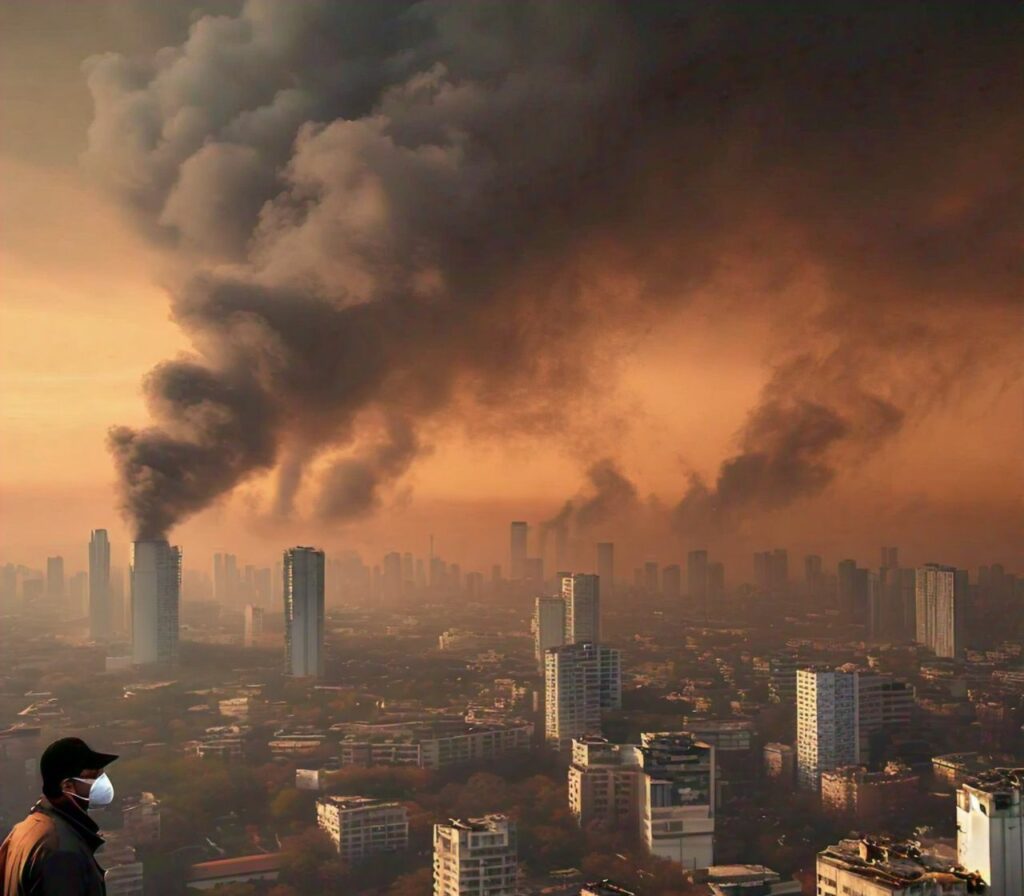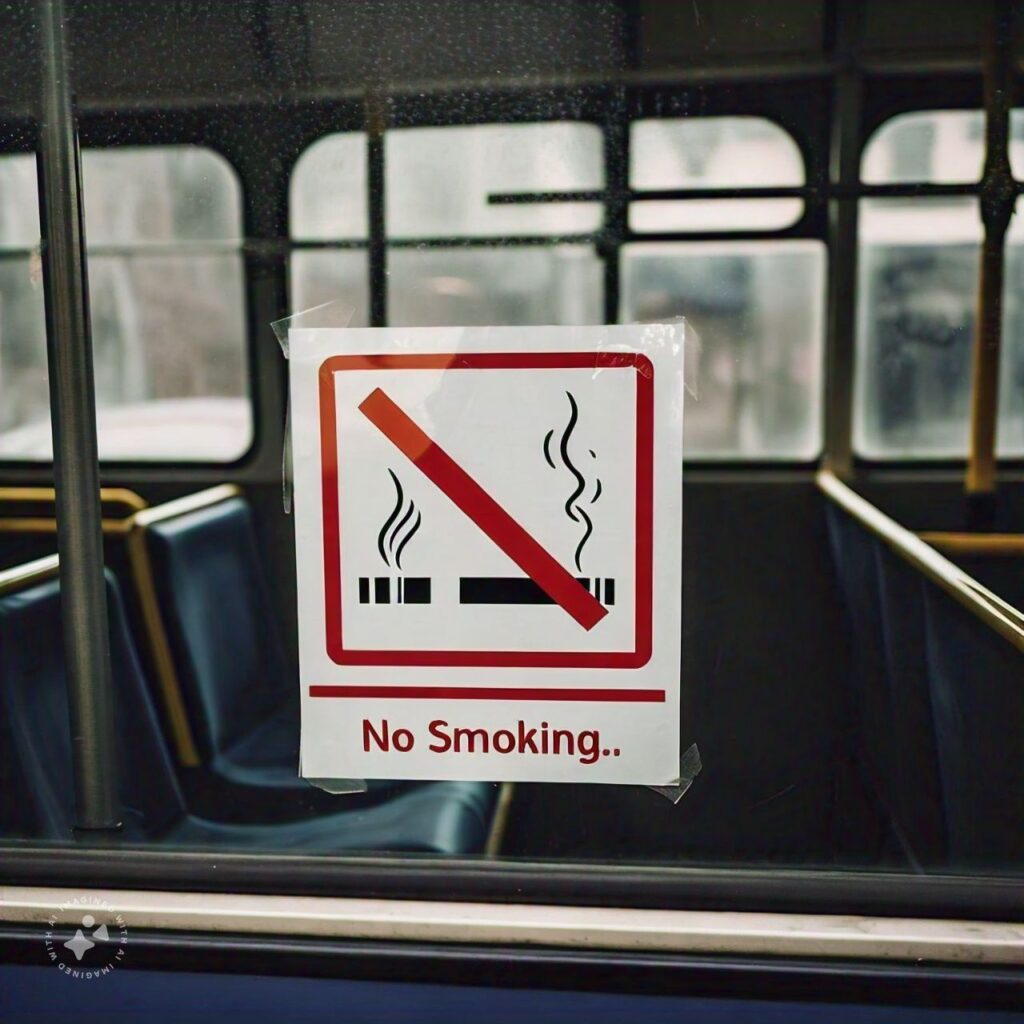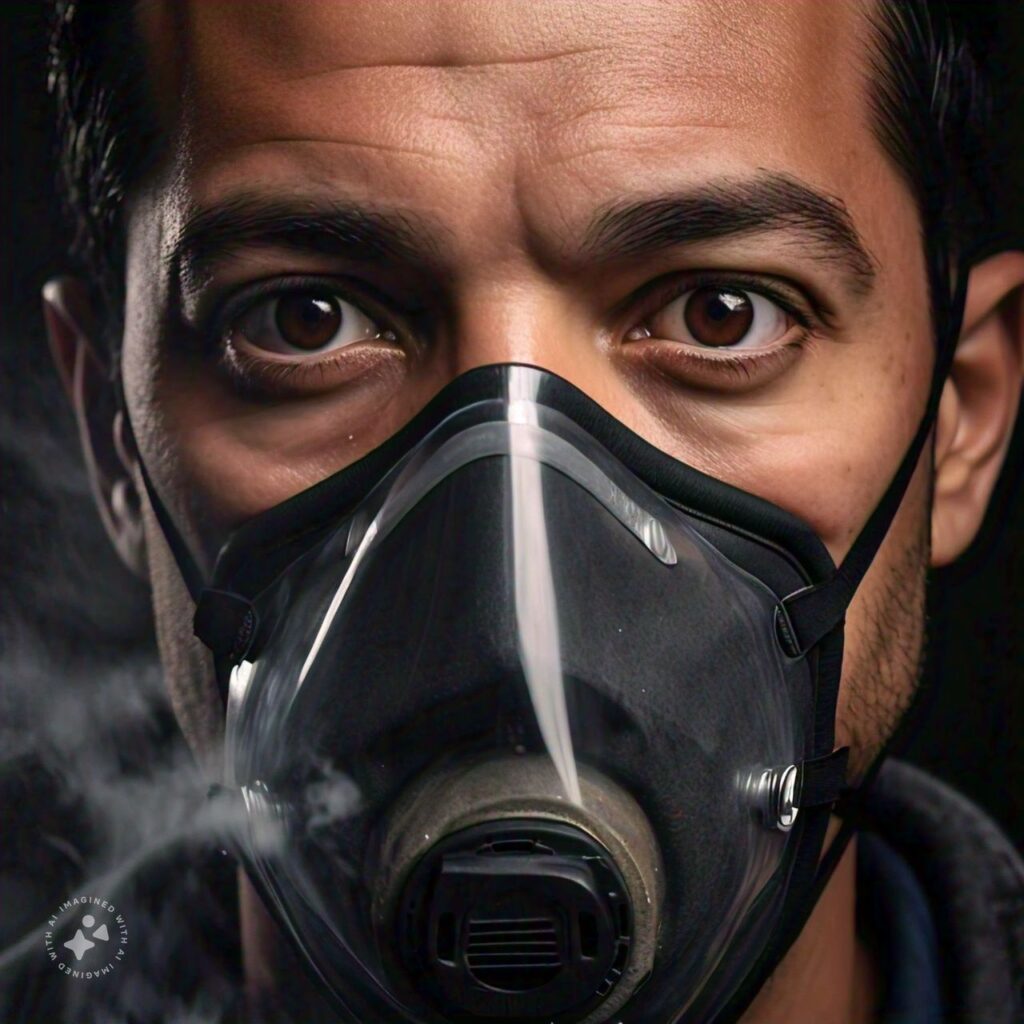Your cart is currently empty!
How much Air pollution becomes dangerous? And how to protect yourself from it.
Introduction:
As the world industrializes and urbanizes, air pollution levels have become an increasingly alarming issue. From car exhausts to industrial emissions, pollutants in the air affect our health, environment, and quality of life. But how much pollution is actually dangerous? This article explains the thresholds for dangerous pollution levels, how smog forms, the ongoing smog situation in cities like Lahore, and ways to protect yourself from it.
Understanding Air Pollution and Its Dangers:
Air pollution is generally measured using the Air Quality Index (AQI), which rates air quality on a scale from 0 (good) to 500+ (hazardous). The scale categorizes levels as follows:
- 0-50 (Good): No risk; air quality is considered safe.
- 51-100 (Moderate): Air quality is acceptable, though sensitive individuals might experience minor effects.
- 101-150 (Unhealthy for Sensitive Groups): People with respiratory or heart conditions should limit outdoor activity.
- 151-200 (Unhealthy): Everyone may start experiencing health effects.
- 201-300 (Very Unhealthy): Serious health effects are possible for all people.
- 301+ (Hazardous): Health warnings of emergency conditions; the entire population is likely to be affected.
Smog: What It Is and Why It’s Problematic
Smog is a form of severe air pollution that appears as a dense, fog-like layer over cities. It occurs when pollutants from vehicles, industries, and even fires mix with sunlight. This mixture creates ground-level ozone and particulate matter, which can irritate the eyes, nose, and throat, and worsen existing heart and lung conditions.

The Smog Situation in Lahore.#1 in polluted cities
Lahore, Pakistan, has been severely impacted by smoke, particularly in the winter months when a combination of factors—cold weather, industrial emissions, vehicle exhaust, and crop burning—creates the infamous “smog season.” This dense smoke is not only unpleasant but also dangerous, with AQI levels frequently reaching “Very Unhealthy” and even “Hazardous” levels. Such air quality conditions make it challenging for residents to breathe safely, and they contribute to rising cases of respiratory issues, asthma, and cardiovascular problems.

How to Protect Yourself from Dangerous Air Pollution:
Check the AQI Daily: Many cities and apps provide real-time AQI data. Avoid outdoor activities when the AQI is above 150.
Stay Indoors on High-Pollution Days: When pollution levels are high, try to stay indoors, especially during peak traffic hours or when smoke is visible.
Wear a Mask: Use masks like the N95 that are designed to filter out harmful particles. These masks can be especially effective in smoke conditions.
Air Purifiers for Indoors: An air purifier can help reduce indoor pollutants. Look for purifiers with a HEPA filter to capture tiny particles.
Seal Windows and Doors: Prevent outside air from getting indoors by sealing windows and doors. Consider using exhaust fans with HEPA filters for ventilation.
Boost Your Health: A healthy diet rich in antioxidants can help your body fight off the harmful effects of pollution. Also, drinking plenty of water helps flush toxins out of your system.
Green Your Space: Plants like aloe vera, peace lilies, and spider plants can help purify indoor air, although they aren’t a replacement for proper ventilation and filtration.
Avoid Smoking: Smoking indoors or in enclosed spaces can increase pollution exposure for yourself and those around you.




Caution!
Air pollution becomes dangerous when AQI levels exceed 150, but smoke makes even moderate pollution more harmful due to its unique combination of pollutants. In places like Lahore, it’s essential to stay informed, take precautions, and reduce exposure whenever possible. By staying aware and taking steps to protect yourself, you can reduce the impact of air pollution on your health, no matter where you live.

Leave a Reply